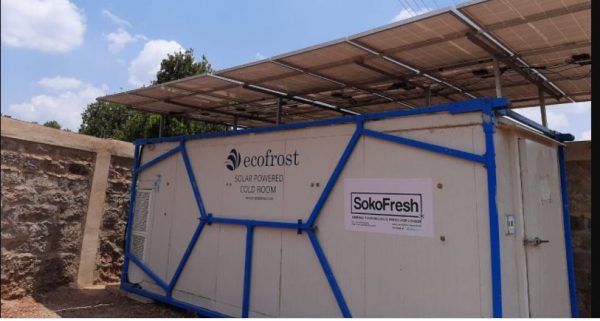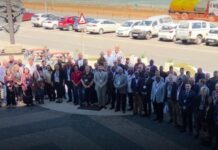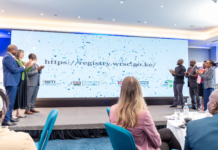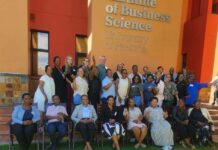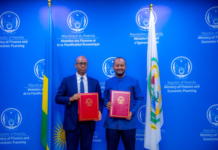A company in Kenya is using solar energy to help smallholder farmers keep harvested produce cool and prevent food waste.
SokoFresh is a member of The Circulars Accelerator, an initiative to help entrepreneurs scale innovations that will help the world move towards a circular economy in which waste is eliminated and resources are used again and again.
Enviu, the Netherlands-based impact venture organization behind SokoFresh said small-volume farmers of avocado, mango and french beans in Kenya are helping to test the model from SokoFresh, which manages mobile cold storage units that run on 100% solar energy.
About 90% of Kenya’s agricultural produce comes from smallholders, who don’t have the kind of cold storage solutions available to large-scale producers. This means lots of produce perishes in outside temperatures after being harvested. By paying a small amount of Ksh 1 per kilogram on a pay-as-you-go basis, farmers or produce buyers can access cold storage affordably when they need it.
Wasted and food loss in Africa
“More than 30% of all food produced in the world for human consumption gets lost or wasted and food loss in Africa occurs almost entirely in the production and distribution stages. Farmers using the model can earn up to 50% more on their harvest, while buyers receive more and better quality produce. The cost of logistics is also reduced, because trucks are picking up full loads that have been stored in the cold storage units by multiple farmers,” said SokoFresh.
Enviu, hopes to have a network of 400 cold storage units in the next five years. This would help 35,000 farmers, creating 3,000 new jobs in rural areas and reducing greenhouse gas emissions. Around 14% of food is lost after harvest on farms and at the transport, storage, processing and wholesale stages, according to the Food and Agriculture Organization of the United Nations. This food has a value of more than US $400 billion a year.
There are currently 17 companies in The Circulars Accelerator 2021 Cohort. Led by Accenture in collaboration with the World Economic Forum’s UpLink platform, Anglo American, Ecolab and Schneider Electric, the six-month remote programme includes expert circular economy workshops, coaching modules, mentoring, networking opportunities, investor engagement and accelerator team support.


